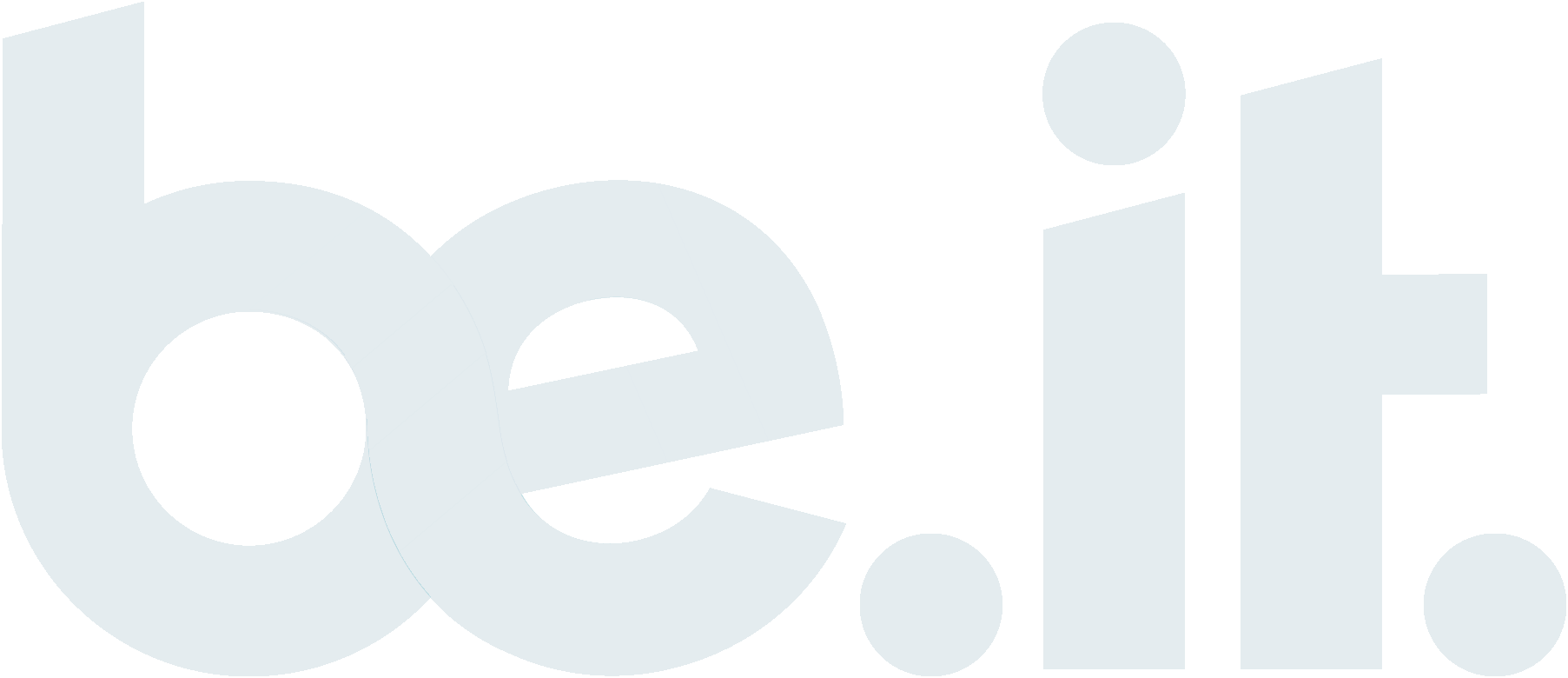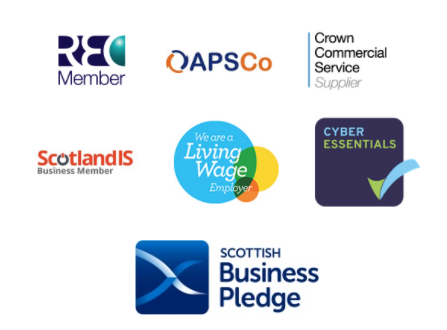

Let’s nail the basics first. Because the process is so brief, interviewers are looking carefully at:
Appearance is important, but make sure you dress for the audience. More and more companies have dress down, smart casual, etc. If in doubt wear a suit, but if it’s through a recruitment agency (such as Be-IT!), consultants can easily advise you on what’s best.
Body language is something to consider. Before the interview, sit up straight in the waiting area, keeping your back straight and your chin parallel to the ground. Place your bag/briefcase/purse to the left side of your chair – this cuts out any awkward mix-ups when you have to shake someone’s hands and grab your personal items at the same time.
The handshake will most likely be your only moment of physical contact with the interviewer. Studies say that handshakes play a significant role in first impressions, so make it count! It should be neither bone-crushing, nor limp-fish. Aim for a firm handshake, and as you shake, make eye contact and smile. Simple…
During the interview try not to slump, keep your back straight. Lead forward slightly to indicate interest.
There is rarely a “correct” answer to any interview question. The important thing to remember is that they are trying to find out if you have the qualities to fit in with their business and the skills to perform the job well.
A lot of companies now use competency-based interviews (CBI), or behavioral interviews, to ascertain if you’re the right person for the job. This style of interview offers insights into your style of working and helps the interviewer predict your likely behavior towards work situations, and involves asking for examples of situations when you have performed certain duties or achieved positive outcomes.
Here’s an example of a CBI interview question and how to use the STAR method to answer it. It’s worth noting that it’s a useful approach to answering questions in other, less structured, interviews too. It is a quick and easy way for any employer to gauge your abilities.
QUESTION:
Tell me about a time when you had to overcome a difficult situation? How did you handle the situation?
ANSWER:
Situation: When I worked at Never Consultancy as a Junior Infrastructure Engineer, I was halfway through an overnight software upgrade project for a major client on site and the power to the office was cut off. Task: I had to complete the upgrade by 8am, when employees would arrive in the office. Action: I located a night duty Building Supervisor who gave me details of the emergency contact for the office. They helped me locate the electrical room, gain entry and check the fuse box. The breaker had been tripped, which I rectified. Result: Within 30 minutes, I had resumed the upgrade and successfully completed the work well in advance of the 8am deadline. Our client was extremely happy that they did not have to come in to the office in the middle of the night and that the upgrade was a success.
When considering your STAR answers:
Sample questions to answer
Here are some questions you may be asked. Think about some positive key points you could make in advance, using the STAR method when appropriate.
• Can you give 3 adjectives that best describe you?
• How would your manager describe you?
What is your biggest achievement to date?
• What’s the biggest mistake you have made in a job?
• Describe a time when you have had to overcome a difficult situation? How did you handle it?
• How much do you know about our company and this role?
• What appeals to you the most about this role?
• What are your strongest skills for this role?
• What motivates you most in a job?
• What your greatest strengths?
• Can you name some weaknesses?
• How do you cope with stressful situations?
• Describe a time when you have had to convince a colleague or client to your way of thinking?
• What do you enjoy most about your current role? What do you least enjoy about your current role?
• Do you prefer to work on your own or as part of a team? Why?
• Can you work on several assignments at once?
• Are you considering other roles at the moment?
• What hobbies/interests do you have outside work?
• What are your long-term career goals?
Sample questions to ask
Asking some intelligent questions during the interview suggests you are genuinely interested in the role and the company.The interviewer will realise that you have taken the time to prepare properly for your interview and have given the role considerable thought. We suggest that you prepare a few relevant questions to ask during the interview, or to have up your sleeve at the end. Here are some examples of questions you may want to ask, although we suggest you prepare a few of your own that are more relevant to the role in question.
• How long do you expect it will take to become fully operational in the role?
• What kind of projects might I expect in the first year?
• How does this role fit in to the company structure?
• Does your company encourage or provide training?
• How often are performance reviews given?
• What products are in the development stage now?
• Does the company have any plans for expansion?
• What characteristics do the high achievers in this company seem to share?
General Tips
You have under 7 minutes to make an impression:
Top 10 most common interview mistakes
1. Failing to do research (51%) 2. Showing off (31%) 3. Asking no questions (31%) 4. Not acting engaged with the interviewer (30%) 5. Making up answers (30%) 6. Lying about achievements (29%) 7. Dressing inappropriately (26%) 8. Rambling on (24%) 9. Can’t explain what they will bring to the role (23%) 10. Moaning about a past or current employer (19%)
And finally...
To secure an interview you have already put in a lot of effort. We want you to succeed in getting the job so if you have any questions prior to your interview, we are always here to help guide you through the process. Any one of our Consultants would be glad to help – please ask!
Whether you’re looking to hire for your team or you’re looking for higher rewards in your career, knowledge is power. And we’re here to give it to you. The results of our annual tech sector survey are out now – with our 2025 Salary Benchmark and accompanying Career Trends Report. To get your hands on both, we just need a few details...

